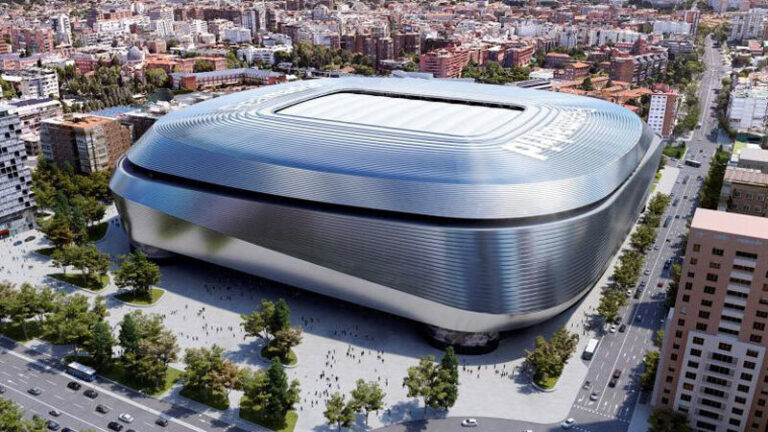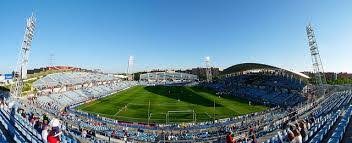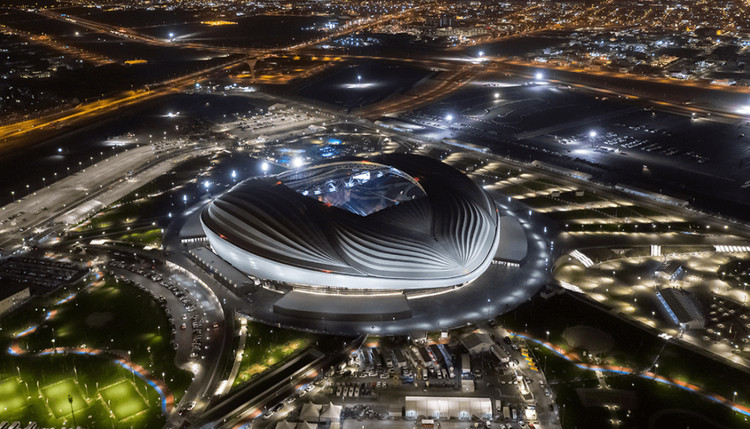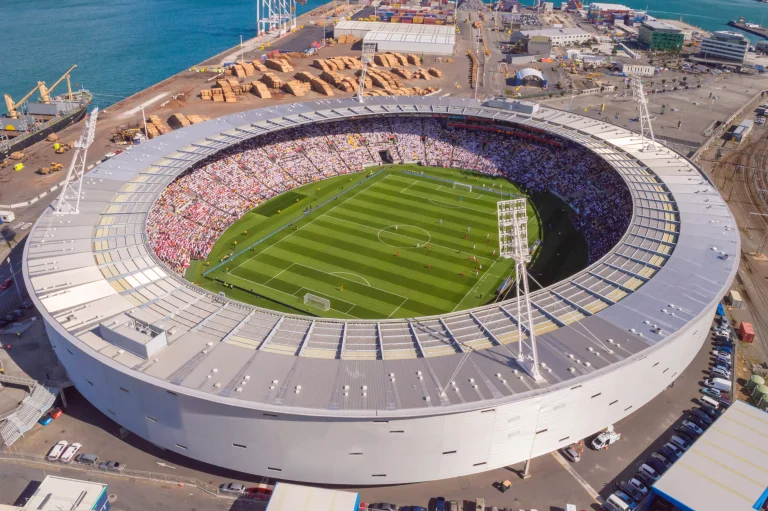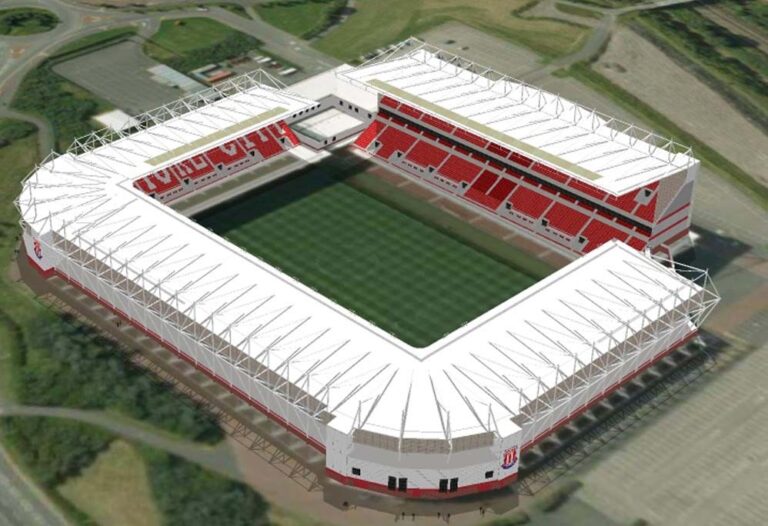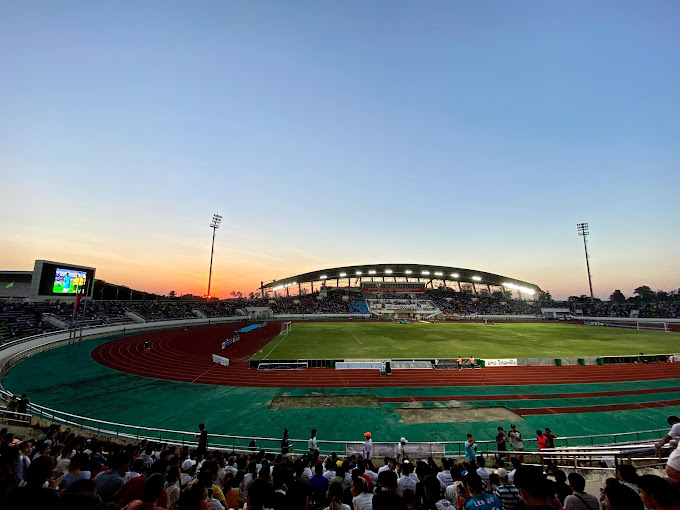Melbourne Rectangular Stadium Capacity, Tickets, Seating Plan, Records, Location, Parking
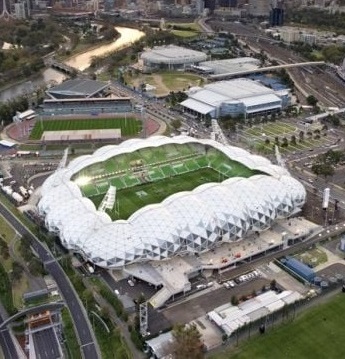
The Melbourne Rectangular Stadium, known as AAMI Park for sponsorship reasons, is an outdoor sports arena on the site of Edwin Flack Field in the Sports and Entertainment Precinct in Melbourne’s central business district.
When completed in 2010, it was Melbourne’s first large purpose-built rectangular stadium. When the project to build the new stadium was approved, the largest stadiums in use were Melbourne Cricket Ground (MCG) and Docklands Stadium. These were oval shaped venues and more suitable for Australian rules football or cricket. The city’s previous largest rectangular stadium, Olympic Park, was a repurposed track and field venue.
The main tenants of the stadium are the National Rugby League team Melbourne Storm, Super Rugby team Melbourne Rebels, and A-League teams Melbourne Victory FC and Melbourne City FC. It was also one of the five venues for the 2015 AFC Asian Cup, hosting the opening match and six other matches, including a quarter-final match, and will host matches at the 2023 FIFA Women’s World Cup. venue for Four Nations rugby league matches in 2010 and 2014, and was used for the 2017 Rugby League World Cup.
Known as Melbourne Rectangular Stadium during its construction, the ground has been known as AAMI Park since its opening in March 2010, in a sponsorship deal with insurance firm AAMI.
| Built In: | 2010 |
| Capacity: | 30,050 |
| Home Teams: | Melbourne |
| Ground Size: | 136 m × 85 m |
Melbourne Rectangular Stadium History
Prior to construction
Until 2010, Olympic Park Stadium was Melbourne’s main venue for football, rugby league and rugby union; not purpose-built, it was an athletics stadium with the rectangular grass field located within the athletics track, and could hold 18,500 spectators, but only 11,000 seated. It had been the Melbourne Storm’s home ground since they entered the National Rugby League in 1998. A-League side Melbourne Victory FC also used Olympic Park Stadium from 2005 to 2007 when they moved permanently to Docklands Stadium.
In 2004, as part of Melbourne’s bid for a Super Rugby team, the Victorian Government prepared an Economic Impact Study on the development of a world-class rectangular stadium in Melbourne. But in late 2004, the bid lost out to the Western Australian consortium, which would become Western Force.
On 6 April 2006, the Victorian Government announced that a $190 million, 20,000-seat rectangular stadium would be built on the site of Edwin Flack Field and would be home to NRL team Melbourne Storm and Melbourne Victory team of the A-League. The planned capacity of the stadium was increased to 30,000, with foundations capable of expanding to a capacity of 50,000 if necessary. The stadium began construction at the end of 2007.
In November 2009, when the Super Rugby competition expanded to 15 teams, the Melbourne consortium won the 15th Super Rugby license and the new franchise intended to play their matches at the new stadium.
The stadium’s first match was the 2010 Anzac Test between the Australian and New Zealand rugby league teams on 7 May 2010. The stadium was referred to as Melbourne Rectangular Stadium, Swan Street Stadium or Bubble Dome during its initial construction. The stadium’s business name was announced as AAMI Park on March 16, 2010; initially an eight-year deal, it has been extended twice, and AAMI’s current endorsement deal is set to expire in 2026.
Notable events hosted: 2010s
Rugby league
The stadium held its first event, rugby league’s 2010 Anzac Test, on 7 May 2010. The opening ceremony featured the NRL’s all-time leading scorer, Hazem El Masri, who had retired the previous season, kicking a goal. The first points scored on the ground were from a Jamie Lyon penalty kick in the 32nd minute, with the first attempt being scored by Brett Morris in the 39th minute. Australia defeated New Zealand 12–8 in front of a sold-out crowd (near of 30,000). Two days later, the first National Rugby League game was played at the stadium as the Brisbane Broncos defeated the Melbourne Storm in front of a crowd of 20,042.
Melbourne Rectangular Stadium hosted international matches as part of the Rugby League Four Nations in 2010 and 2014, when Australia defeated England 34–14 in front of 18,894 fans on 31 October 2010, and again when Australia defeated England 16 -12 on November 2. 2014 (attendance: 20,585).
Soccer
On August 5, 2010, the stadium hosted its first A-League match. It was also another first, as the newly formed Melbourne Heart FC played their first game in front of 11,050 fans against the Central Coast Mariners. Hearts lost 1-0 and Alex Wilkinson had the honor of scoring the first goal. Melbourne Victory’s first match was played at Melbourne Rectangular Stadium v Perth Glory on 14 August 2010 in front of 21,193 fans.
The venue hosted the opening ceremony of the 2015 AFC Asian Cup and seven international matches, including the tournament’s opening match between Australia and Kuwait on January 9, and a quarterfinal match between South Korea and Uzbekistan on January 22. from January.
Starting with the 2020–21 A-League season, Western United FC also began playing home games at the Melbourne Rectangular Stadium, while they continued to wait for their own stadium to be built in West Melbourne. As of the 2022–23 A-League season, the Melbourne Rectangular Stadium remains its main venue.
Rugby union
The Melbourne Rebels played their first Super Rugby game at the Rectangular Stadium in Melbourne on February 18, 2011. The Melbourne Rising played their first National Rugby Championship game on August 24, 2014, defeating the North Harbor Rays by a resounding score of 55-34. The Rising played a semi-final at the stadium on October 25, 2014, but lost 29-45 to the Perth Spirit.
Concerts
On December 2, 2011, Melbourne’s Rectangular Stadium hosted its first concert when the Foo Fighters performed at the stadium as part of their Wasting Light World Tour.
On February 15 and 16, 2014, Melbourne’s Rectangular Stadium hosted Bruce Springsteen and the E-Street Band for their High Hopes Album Tour. A surprise guest, Eddie Vedder (of Pearl Jam), joined Bruce on stage to open the show with a cover of AC/DC’s “Highway To Hell” and then Springsteen’s “Darkness on the Edge of Town.”
From December 10-12, 2015, the Melbourne Rectangular Stadium hosted Taylor Swift as she brought the 1989 world tour to Australia.
From February 1-2, 2019, the Melbourne Rectangular Stadium hosted Phil Collins. From February 19-20, 2020, the Melbourne Rectangular Stadium hosted Queen + Adam Lambert. On February 22, 2020, the Melbourne Rectangular Stadium hosted Elton John.
Melbourne Football Club (AFL) training and administrative facilities
The Melbourne Football Club of the Australian Football League (AFL) moved its indoor training and administrative facilities to the park in 2010 and trains at its nearby outdoor training ground at Gosch’s Paddock.
Stadium Capacity
Melbourne Rectangular Stadium has a seating capacity of 30,050.
Melbourne Rectangular Stadium Seating Plan
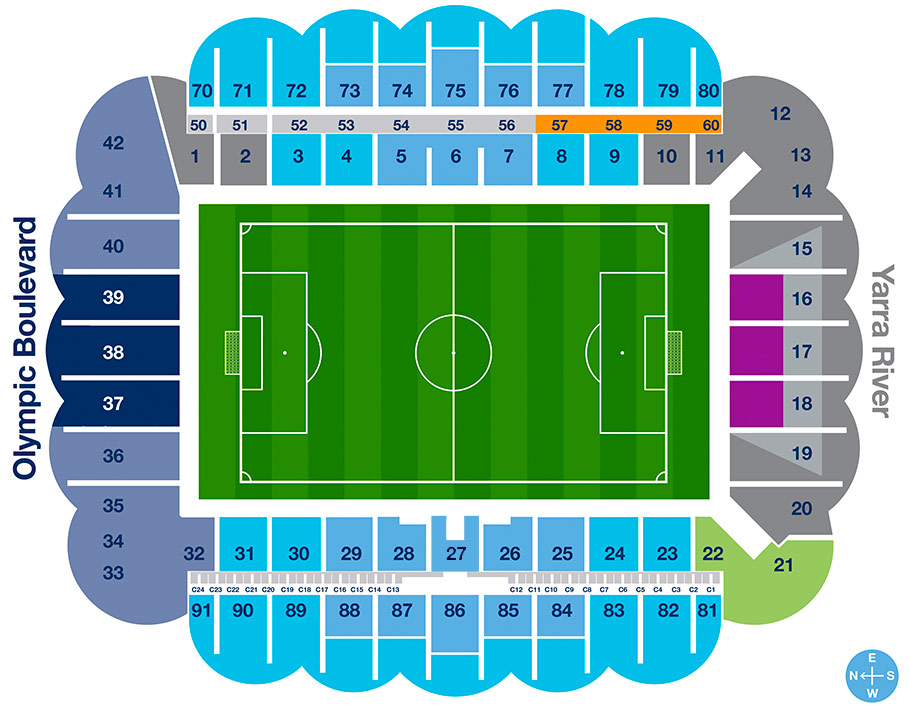
Notable Events & Records
Not Yet.
Upcoming Events
Not Yet.
Parking
There is limited car parking available at the venue and at Melbourne Park.

